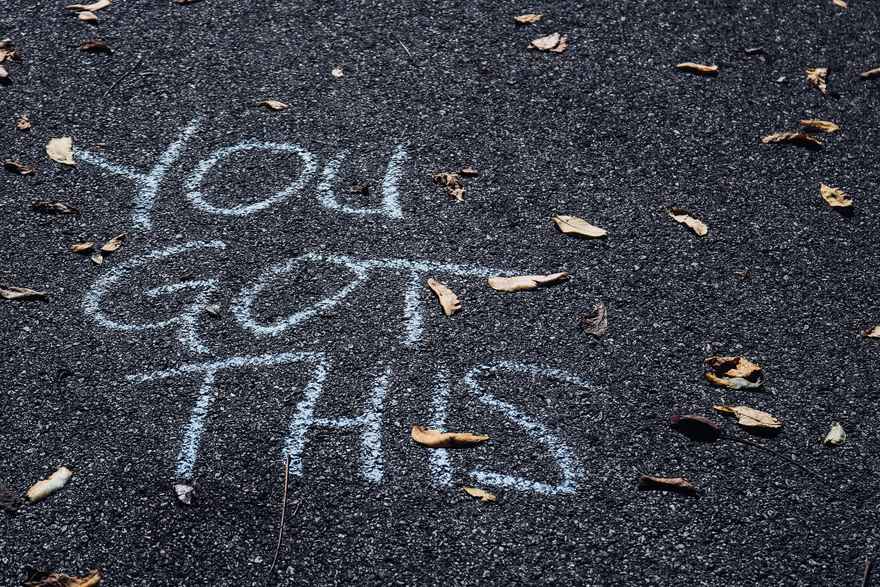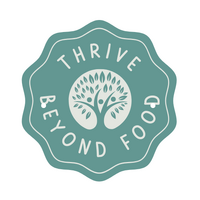
In my most recent series of articles I'm discussing our brains role in forming habits - especially the habit of drinking alcohol. Let's dive in to today's topic!
Why do we give in to our desire for alcohol?
We discussed desire in a previous article. You can read it here. Remember, desire isn't involuntary. It’s learned, and you taught yourself. You’ve increased that desire so much that it seems involuntary.
Now, you may be feeling competing desires. Your thinking, rational brain says, “I want to drink less. I don’t like feeling foggy. I don’t like feeling hungover.” But you have a habit that's built by the automatic, primitive part of your brain that says, “We have to do this or we’re going to die.”
As a human, we have a thinking, rational part of our brain, and we have a primitive part of the brain that’s quite efficient. The primitive brain is good at being quick, reacting in the moment, and creating a ton of desire, whereas the thinking brain is good at planning and making decisions for the long term.
But, when somebody places alcohol in front of you, the primitive brain will win every single time. You might have thought, “I don’t think I’ll drink this week,” and then you find yourself in a situation where your desire for alcohol is triggered. That desire will be so much stronger from the primitive brain than it is from the thinking brain, that you will drink every single time.
It seems like the behavior is against your will because your thinking, rational self is saying, “Wait. We don’t want this." It’s a weak desire compared to the primitive brain’s strong desire. That’s what feels so out of control.
The truth is that you’re never out of control.
You are always making the decision to drink the alcohol. But you’re doing it because that desire created by the primitive brain is so strong and it's become an automatic habit.
If you don’t honor that desire - if you don’t complete that habit loop - you will experience some level of suffering. You will feel some level of deprivation. You don’t want to experience that. You’d rather just have the glass of cabernet.
Of course, this makes sense AND it isn’t hard to change. I can show you exactly how to do it.
Your Primitive Brain is NOTHING Compared to Your Thinking Brain
Many clients have negative thoughts about giving up drinking. Here are some of the most common ones:
- If I don't drink at this party, I won't have any fun
- What will my friends think?
- I'll be embarrassed to order a club soda
- It’s too hard
- It’s not fair that I don’t get to drink.
- My friends will think that my not drinking must mean that I have a problem
- It’s a struggle that requires willpower, and I just don’t have the energy for that
- Without it, I’ll feel deprived
- I’ll be stigmatized and have to justify why I’m not drinking
If you have any of these feelings, you are absolutely normal. It means your brain is healthy. It means that it’s functioning. It means that you’re a good learner. It means that you’ve associated alcohol with a reward and that your brain is responding to that reward appropriately.
You don’t need to hide in shame. There are techniques you can learn that will help you overcome this seemingly irrational desire for this substance.
Dopamine's Got a Hold Over You - NOT!
Research has demonstrated the power of dopamine in the control of behavior. In one study, researchers stimulated the reward centers of rats’ brains when they pressed a certain lever. Those rats continued to press that lever at the expense of everything else in their lives. They abandoned their babies, they didn't eat or drink, they didn't take care of their health. They just wanted the next hit of dopamine so they pressed that lever over and over again until they dropped from exhaustion.
Dopamine is important. It’s a reward we get for doing certain survival tasks. Without it, we might not have motivation to do any of those things. Our motivation comes from the desire to seek pleasure and avoid pain and to expend as little energy as possible.
That’s the perfect combination for creating an illogical desire for substances that have become concentrated pleasures. If you feel this way about alcohol, please know that it’s because of the way you’ve evolved, because of the way your brain is.
Here’s the magic: you have a human, thinking brain called the prefrontal cortex. No matter how efficient your lower brain is, no matter how well it has practiced, no matter how much it’s rewarded, it’s nothing compared to your human brain. It’s powerless compared to your ability to change what you believe, what you think, and how you respond.
There’s nothing the primitive brain can do without the consent of the thinking brain. You may not have learned the skill of how to use the thinking brain yet, but it doesn’t mean you can’t.
My program, Taking Back Control, is the perfect place to start if you’re interested in how to stop overdrinking. It is based on the most effective brain hacks to reduce the desire for alcohol.
As a coach, I don't work with people who have diagnosed eating disorders, but I do work with people who overeat emotionally. That's the same way I approach this work with people who want to stop overdrinking. I don't work with alcoholics. I don't have a twelve-step program. I don't work with people who want to go into recovery. There are many fine solutions for these people.
This program is for people who want to drink normally. Or maybe they want to quit drinking, but they are frustrated with the lack of help for functioning, normal people who don't want to "go into recovery."
I work with people who just want to decide if and how much they want to drink. They want to TAKE BACK CONTROL.
If that's you, this program is for you! You can find out more by contacting me at sheila.gravely@thelifest.com
Photo Credits: Photo by sydney Rae on Unsplash

Comments